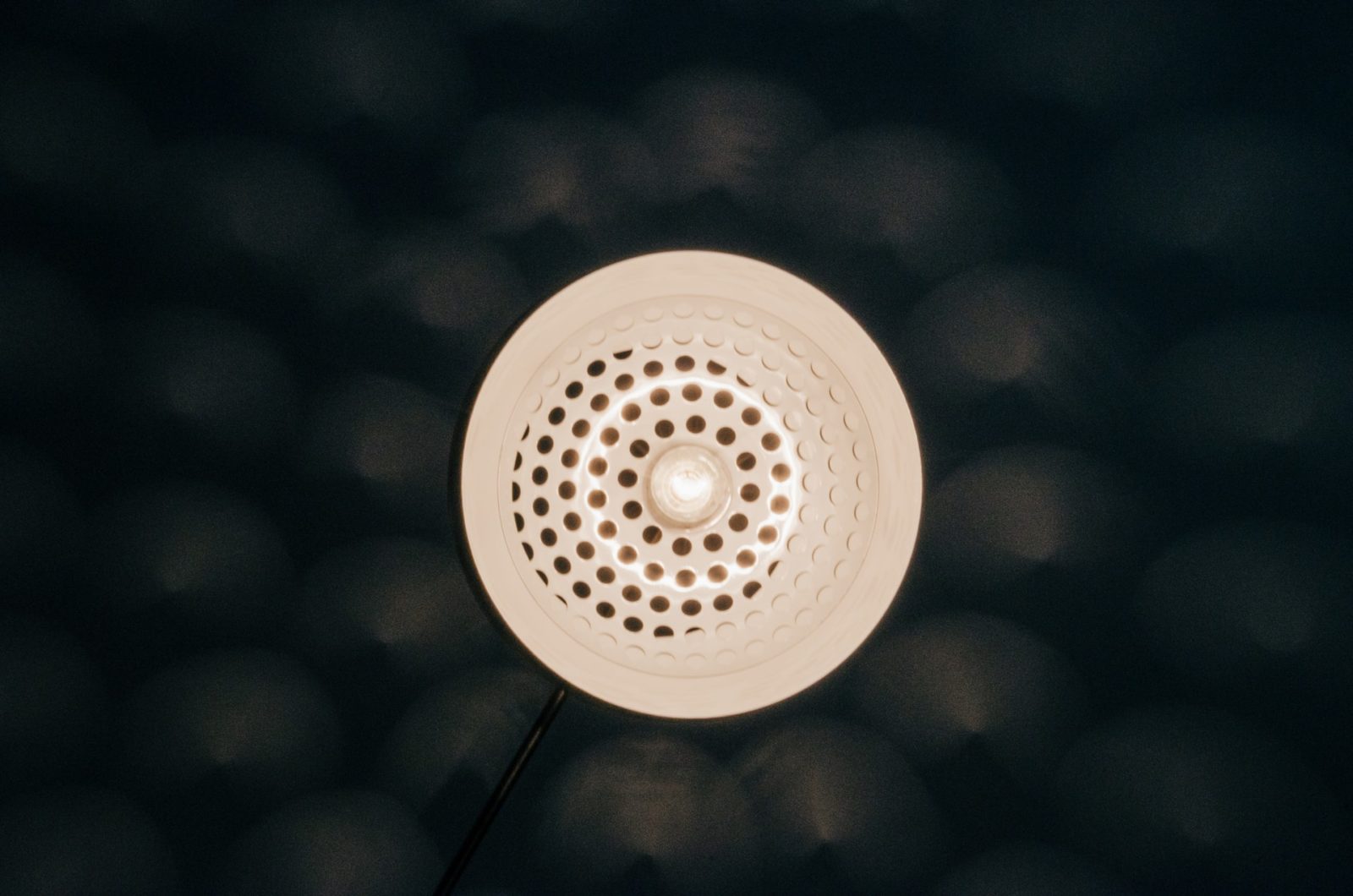Don’t Miss Part 1
Making the Problem Worse
Now, taking into consideration the aggressive nature of chemical drain cleaner, why can’t it solve the bigger problem, no matter how much it’s used? Well, the truth is, some problems just aren’t meant to be fixed by dissolving drain gunk. Let’s revisit that list of problems from Part 1.
Pipe Width
If your plumbing is so old that it’s not meeting modern plumbing code, using drain cleaner is a bad solution for 2 reasons. The first is that it’s actually increasing the fragility of older pipes and is very likely to cause a burst. Pipe bursts lead to flooding, which can give you a long-term mold problem and cost thousands of dollars in repairs. The second reason is that it’s doing nothing at all to combat your pipes being too narrow to handle your water flow.
Metallic and Hard Water
If your drain is coated on the inside with iron oxide (rust) or minerals (lime, calcium, etc.), drain cleaner may seem like a great idea. After all, it’s made to clear undesirables from drains, right? The reason drain cleaner doesn’t work for this problem is one of these two reasons:
- The directed wait time before rinsing is not long enough for it to eat through minerals or metal. Drain cleaner is meant to be used for weaker, organic substances, like hair, dead skin, and so on. The wait time on the bottle is not long enough to noticeably affect minerals and metal.
- If you let it sit for long enough to break down minerals or metal, you’re letting it sit long enough to begin destroying your pipes.
Collapsed Pipe
It goes without saying that a collapsed pipe can’t be brought back to life by being made squeaky clean. This one is going to need some professional help.
Pipe Invasion
Pipes that have cracked and been invaded by plant roots are also not going to be repaired by drain cleaner. In fact, the problem is exacerbated by it. First, the volume of drain cleaner that you use is not likely to even reach where those roots have invaded. Even if it did, it would take so long that it would soon be time to rinse it away.
Second, if roots have invaded your plumbing, that means there are cracks in your pipes. Chemical drain cleaner that does reach the invasion site will eat away at those cracks as well, making them bigger and allowing more water to leak into the surrounding soil. Water leaking into the soil is exactly what drew the attention of nearby plants to begin with.
Chemical Drain Cleaner Isn’t Safe
Last, but certainly not least, you should not use chemical drain cleaner because it’s terribly unsafe. If you wouldn’t dump drain cleaner directly onto one of the plants outside, you shouldn’t be dumping it down your drain.
Drain cleaner is made for destroying organic compounds. Therefore, putting those chemicals into the local sewer system can lead to all kinds of problems. That’s not even to mention the kind of damage it can cause closer to home. If you have a pipe collapse or there are cracks in your pipes leading to root invasion, chemical drain cleaner will follow the water, dispersing into the ground around your home. This can kill plants, poison animals, and even contaminate ground water.
If you care about the environment or the safety of you and your neighbors, please consider the risks before using chemical drain cleaner. Instead, call a professional and get to the root of the problem.
